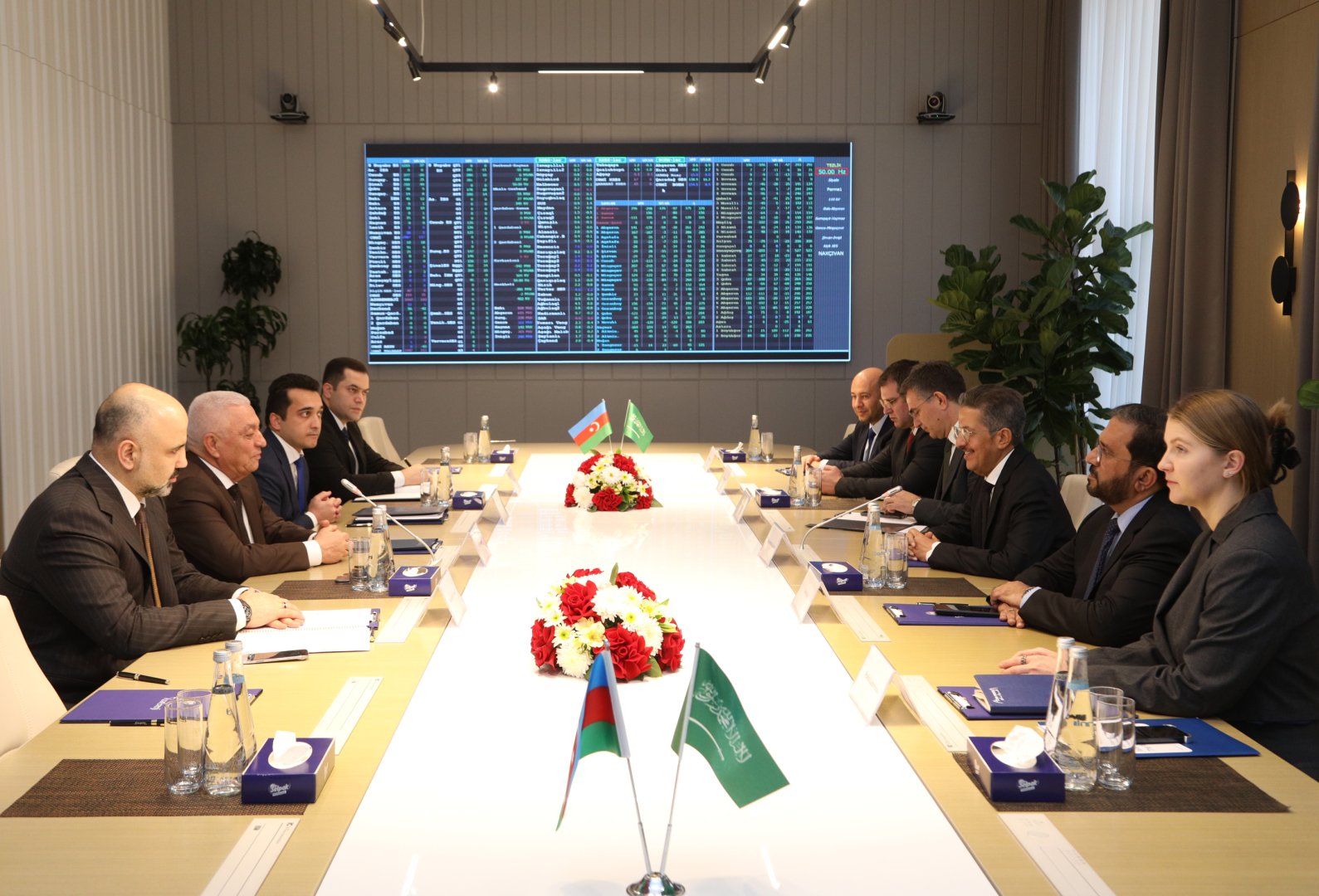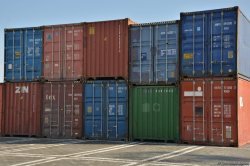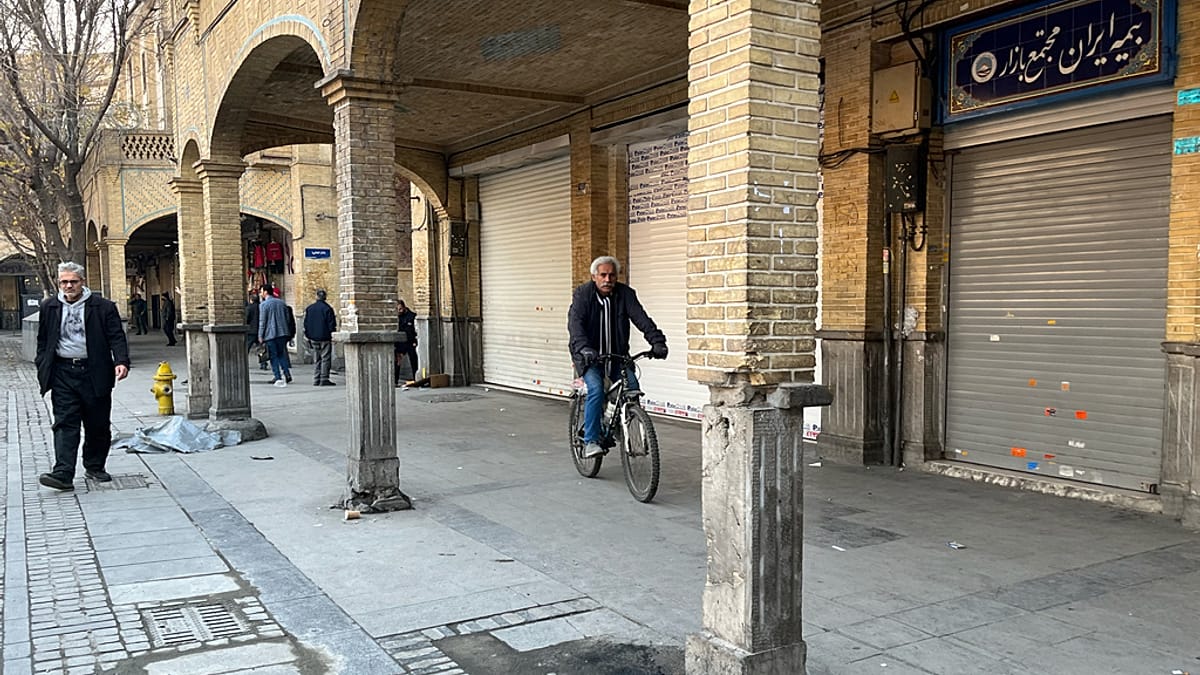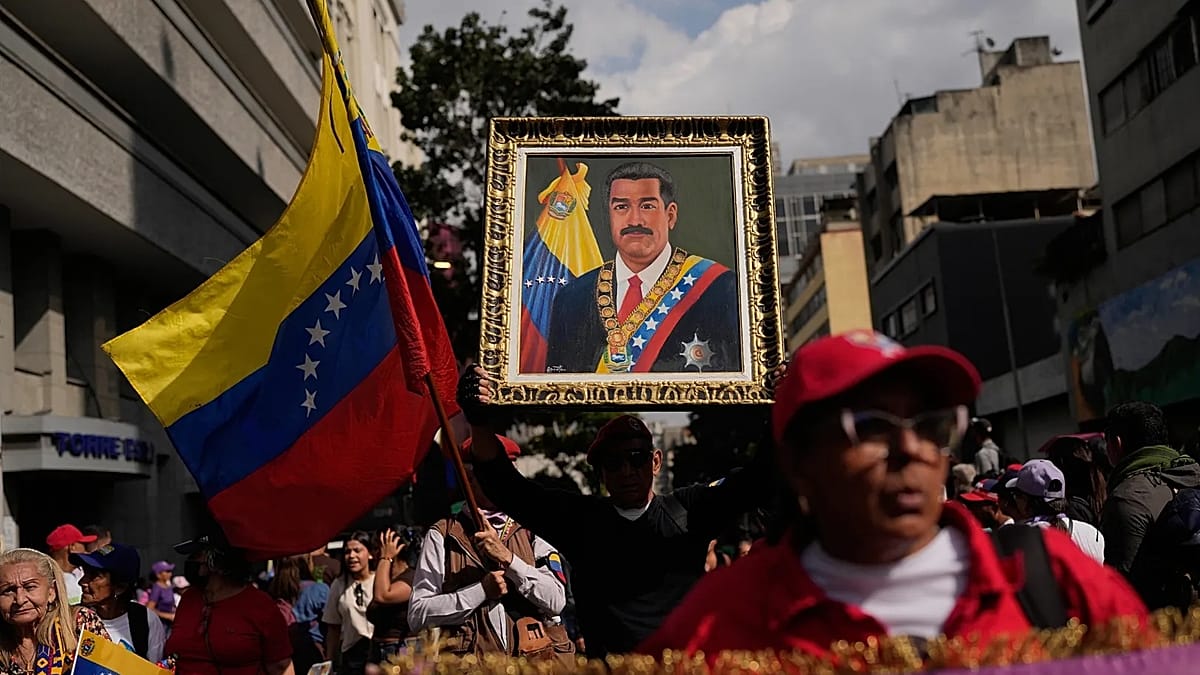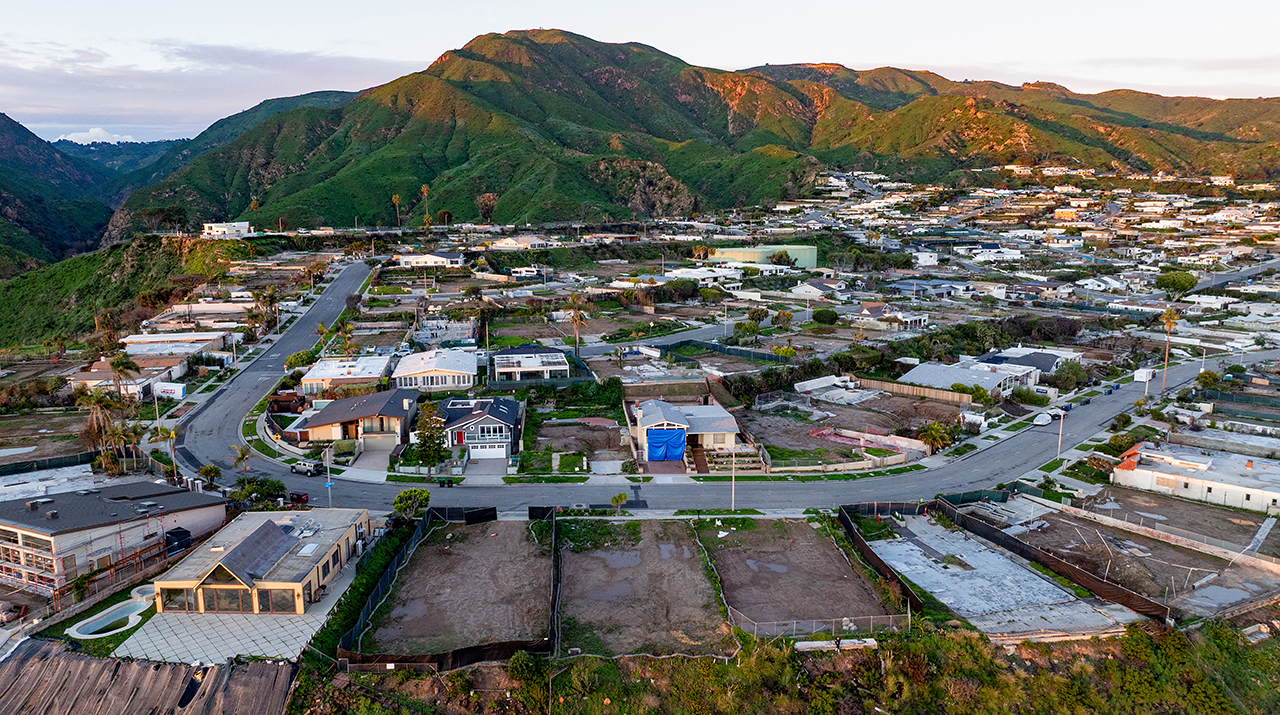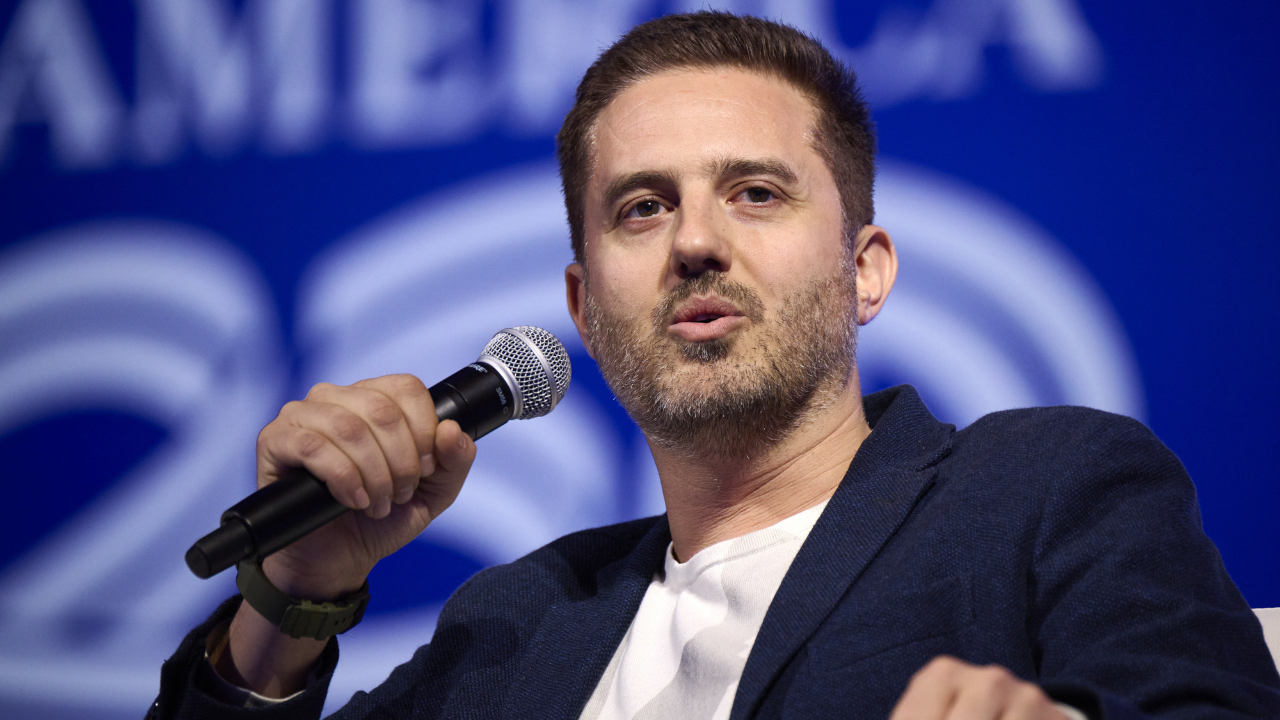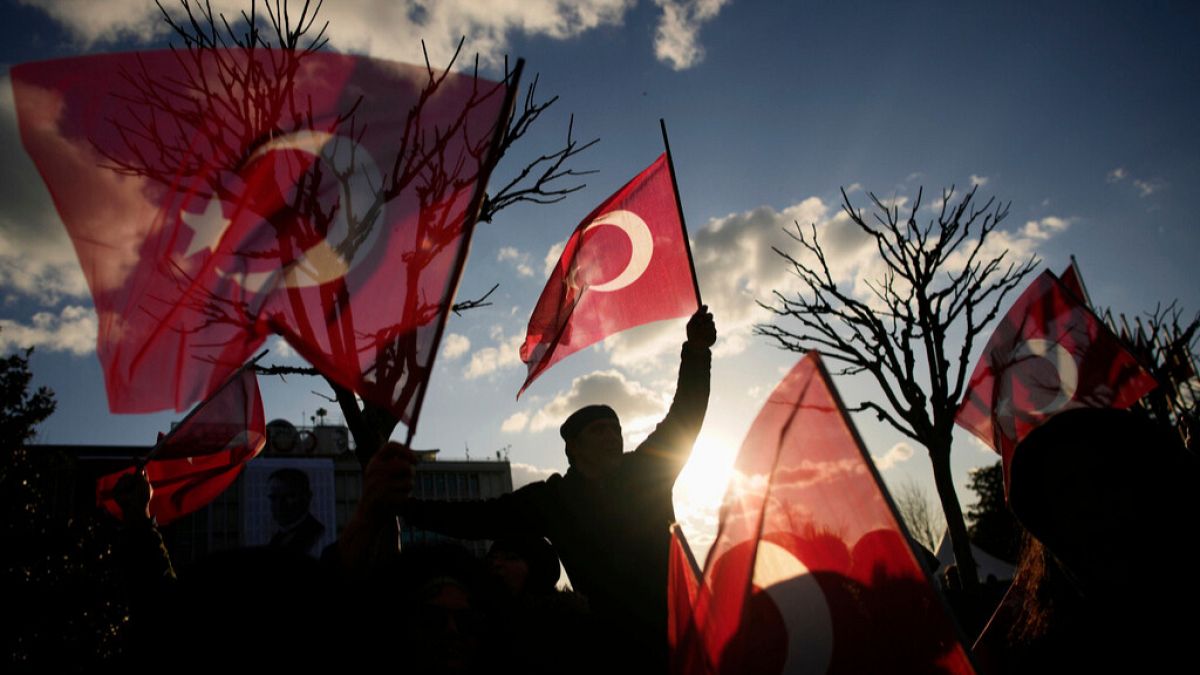Dan Jørgensen believes in an agreement to say goodbye to Russian energy in the autumn
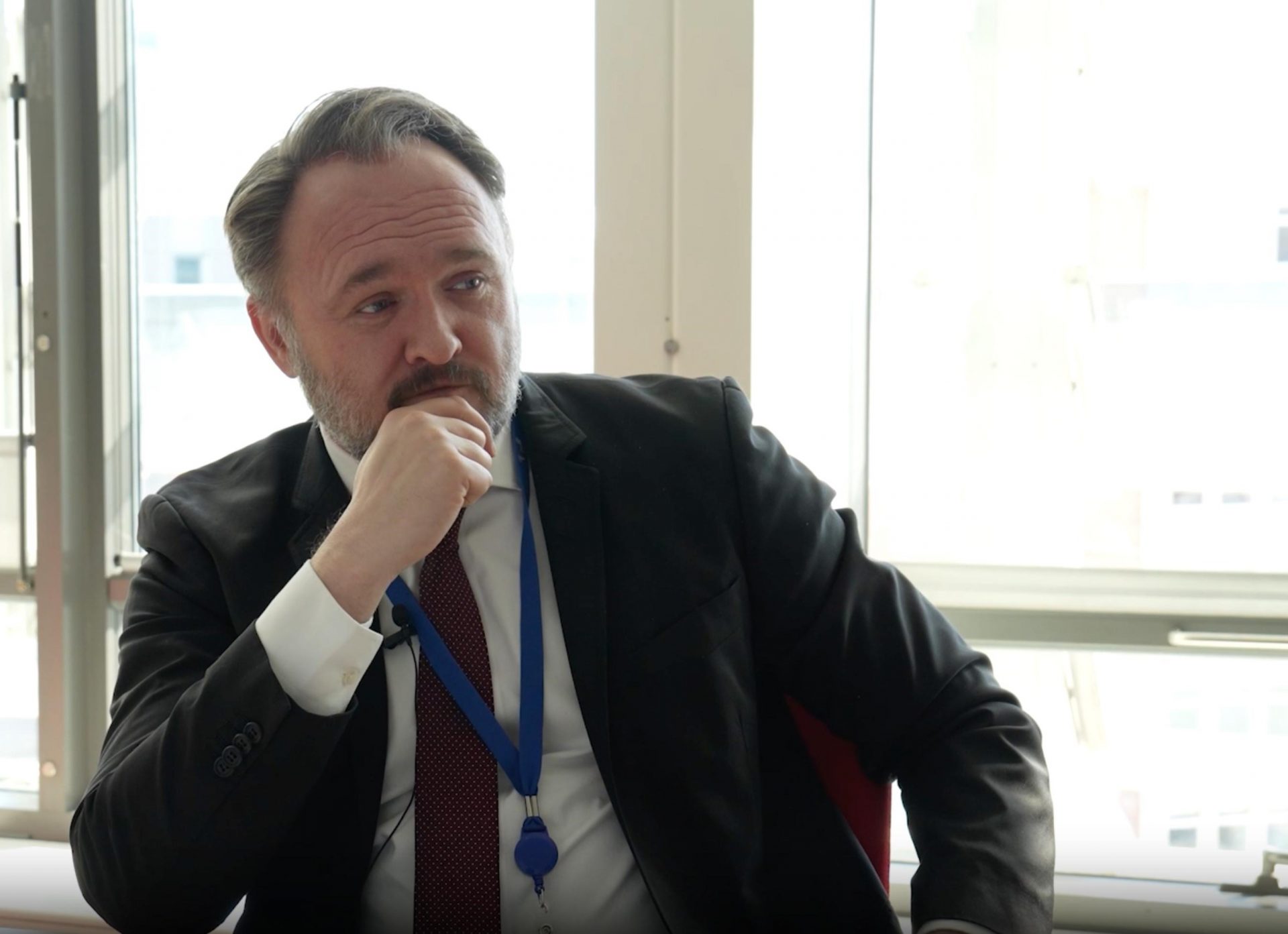
The EU Commissioner for Energy and Housing, Dan Jørgensen, aims to finalize an agreement on the permanent phase-out of Russian fossil energy during the Danish EU presidency.
He stated this as he arrived for an informal meeting of energy ministers in Copenhagen on Friday.
– I hope that we reach an agreement that includes all countries. But I am, of course, fully aware that there are some countries that have concerns, says Dan Jørgensen.
The statement comes after Austria has recently advocated that the EU should resume purchases of Russian gas if Russia enters into a peace agreement with Ukraine.
Like Hungary and Slovakia, Austria has no coastline to the sea. Therefore, the country is among the EU’s most dependent on Russian gas transported via pipelines, while other countries, such as Germany, can more easily import gas by ship.
However, the EU Commission will ensure that no EU countries are left without alternatives in the phase-out of Russian fossil energy, says Dan Jørgensen.
– It is my job to assist those countries so that we do not risk a situation where their energy supply security is threatened. I am confident that it can be achieved, says Dan Jørgensen.
Part of that energy should come from the USA. Here, the EU Commission, as part of the trade agreement with the US President, Donald Trump, has committed the EU to purchase American energy for a staggering 750 billion dollars over three years.
That corresponds to nearly 4,800 billion kroner.
If it is not possible to bring the skeptical countries on board, the EU can still adopt a farewell to Russian oil and gas. The decision must be made by a qualified majority, emphasizes Dan Jørgensen.
– It would be a very strong signal to Russia if the EU stands completely united on this. But that said, this legislation does not need to be adopted unanimously.
– I am confident that the Danish EU presidency is doing what it can so that we can find a solution within the next few months. It is extremely important that it happens quickly, as we want it to take effect from January 1, says Dan Jørgensen.
The EU Commission has specifically proposed to require all EU countries to stop using Russian gas from so-called short contracts starting January 1, 2026.
Additionally, the EU Commission suggests that EU countries should exit their long-term contracts for Russian gas by the end of 2027. This would allow a ban on Russian gas to take effect on January 1, 2028.
In June, the EU Commission reported that EU countries continue to purchase Russian gas for nearly two billion euros per month. This corresponds to about 15 billion kroner per month. Or nearly 180 billion kroner per year.
Money that Russia can use to finance the war in Ukraine.


